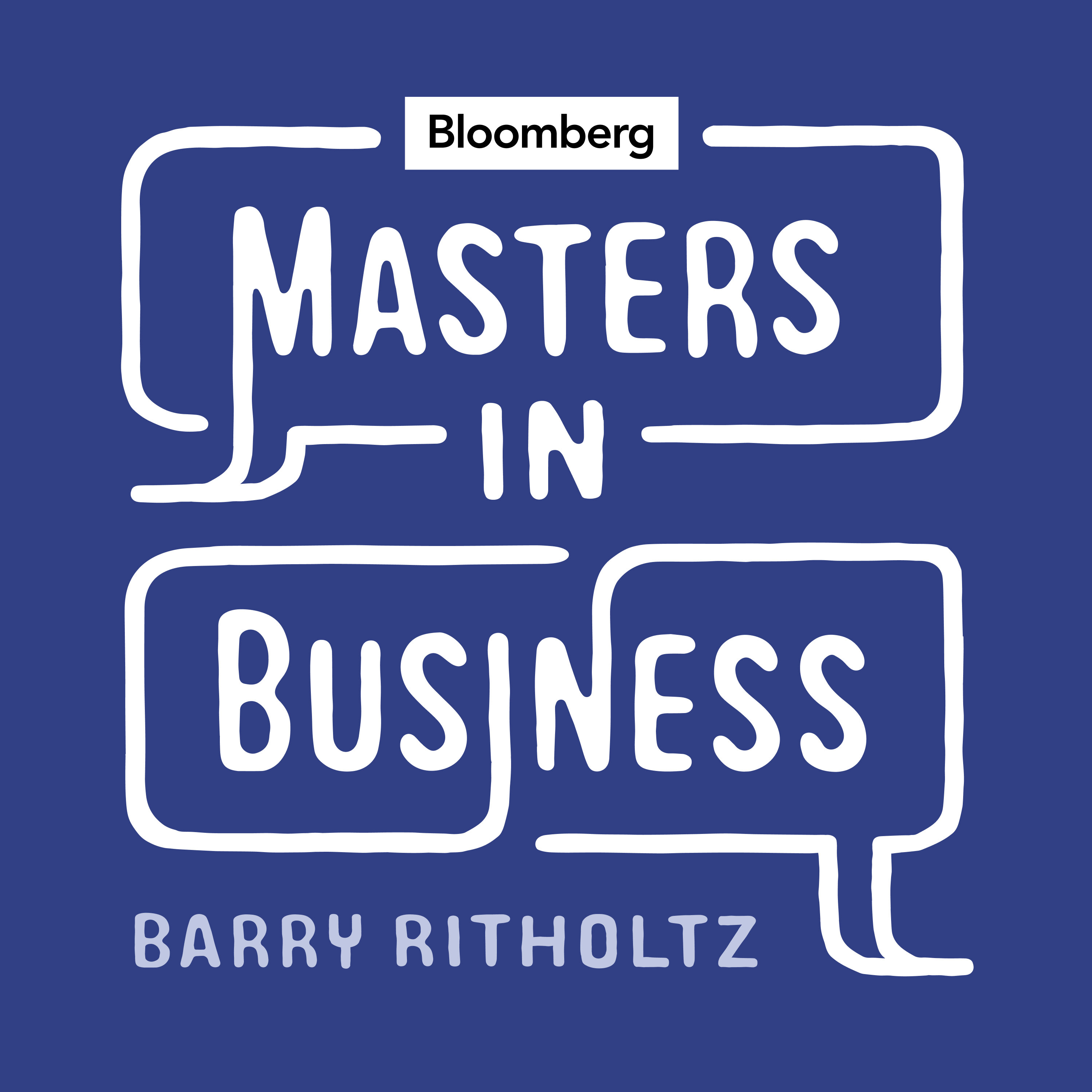
Team Favorite: Fueling Success for Mercedes F1 with Toto Wolff

Masters in Business
Deep Dive
Why did Toto Wolff leave his racing career and transition into finance?
Toto Wolff left his racing career due to financial difficulties and a series of accidents in Formula One that caused him to lose a sponsor. He decided to quit both racing and university to focus on working and eventually founded his own investment companies.
What was the key to Toto Wolff's success in winning the 24 Hours of Dubai race?
The key to winning the 24 Hours of Dubai race was the mental and physical challenge of enduring long stints, including driving at odd hours like 2 to 4 AM, and the teamwork of having three or four drivers sharing the workload.
How did Toto Wolff transition from venture investing to running the Williams F1 team?
Toto Wolff transitioned from venture investing to running the Williams F1 team by merging his passion for motorsport with his investment expertise. He first invested in a touring car team and later acquired a minority stake in Williams, eventually becoming their executive director in 2012.
What role did Toto Wolff play in Mercedes F1's unprecedented run of eight consecutive Constructors' Championships?
Toto Wolff joined Mercedes F1 in 2013 and played a pivotal role in their success by leveraging Mercedes' core expertise in engine technology, particularly with the introduction of new engine regulations in 2014. His leadership and strategic decisions helped the team achieve eight consecutive Constructors' Championships from 2014 to 2021.
Why does Toto Wolff emphasize the importance of culture in an organization?
Toto Wolff believes culture is the immune system of an organization, keeping the team aligned and resilient during tough times. He stresses that values like loyalty, humility, and integrity must be lived daily, not just written on paper, to maintain long-term success.
How did Toto Wolff address diversity and inclusion in Mercedes F1 following the Black Lives Matter movement?
Following the Black Lives Matter movement, Toto Wolff and Lewis Hamilton initiated efforts to increase diversity in Mercedes F1. They painted the car black, a symbolic gesture, and committed to expanding opportunities for underrepresented groups within the team.
What is Toto Wolff's perspective on the budget cap in Formula One?
Toto Wolff initially opposed the budget cap but now acknowledges its benefits in creating a level playing field. The cap, set at $165 million annually for engineering, has made the sport more competitive and sustainable, although it excludes driver salaries and certain marketing costs.
How does Toto Wolff view the potential entry of Andretti into Formula One?
Toto Wolff believes that any new team entering Formula One should be carefully evaluated for its ability to contribute to the sport's growth, such as increasing audience engagement and marketing power. However, he emphasizes that the decision ultimately lies with the governing body and commercial rights holder.
What does Toto Wolff consider the biggest challenge in correlating simulations to real-world performance in Formula One?
The biggest challenge in correlating simulations to real-world performance is the human factor, as drivers can have good and bad days that are difficult to quantify. Additionally, ground effect cars have proven particularly challenging to align with virtual models.
What advice does Toto Wolff give to young people interested in a career in Formula One?
Toto Wolff advises young people to explore their interests without pressure to specialize too early. He encourages them to give their all to their chosen field, whether it's motor racing, engineering, or driving, and to be patient in finding their passion.
- Toto Wolff's background in finance and venture capital.
- His investment in Williams F1 team and subsequent role as Executive Director.
- His recruitment by Mercedes as head of Mercedes Motorsport and shareholder.
- His initial 30% ownership stake in the Mercedes Petronas team and its subsequent increase.
Shownotes Transcript
On this staff favorite episode, Barry Ritholtz speaks with Toto Wolff, Team Principal & CEO of the Mercedes-AMG PETRONAS F1 Team. Prior to joining Mercedes, Toto spent time in the investment world, founding his own company Marchfifteen in 1998 and Marchsixteen in 2004. In 2009 Toto combined his passion for racing and business by investing in the Williams F1 Team. He eventually came to be the team's Executive Director, helping to lead them toward their first win at the Spanish Grand Prix in eight years. Shortly after that win, Toto became Managing Partner of the Mercedes F1 team, where he now holds a 33% stake. In his time with Mercedes, the team has won eight Formula One Constructors' Championships and seven Drivers' Championships.
See omnystudio.com/listener) for privacy information.